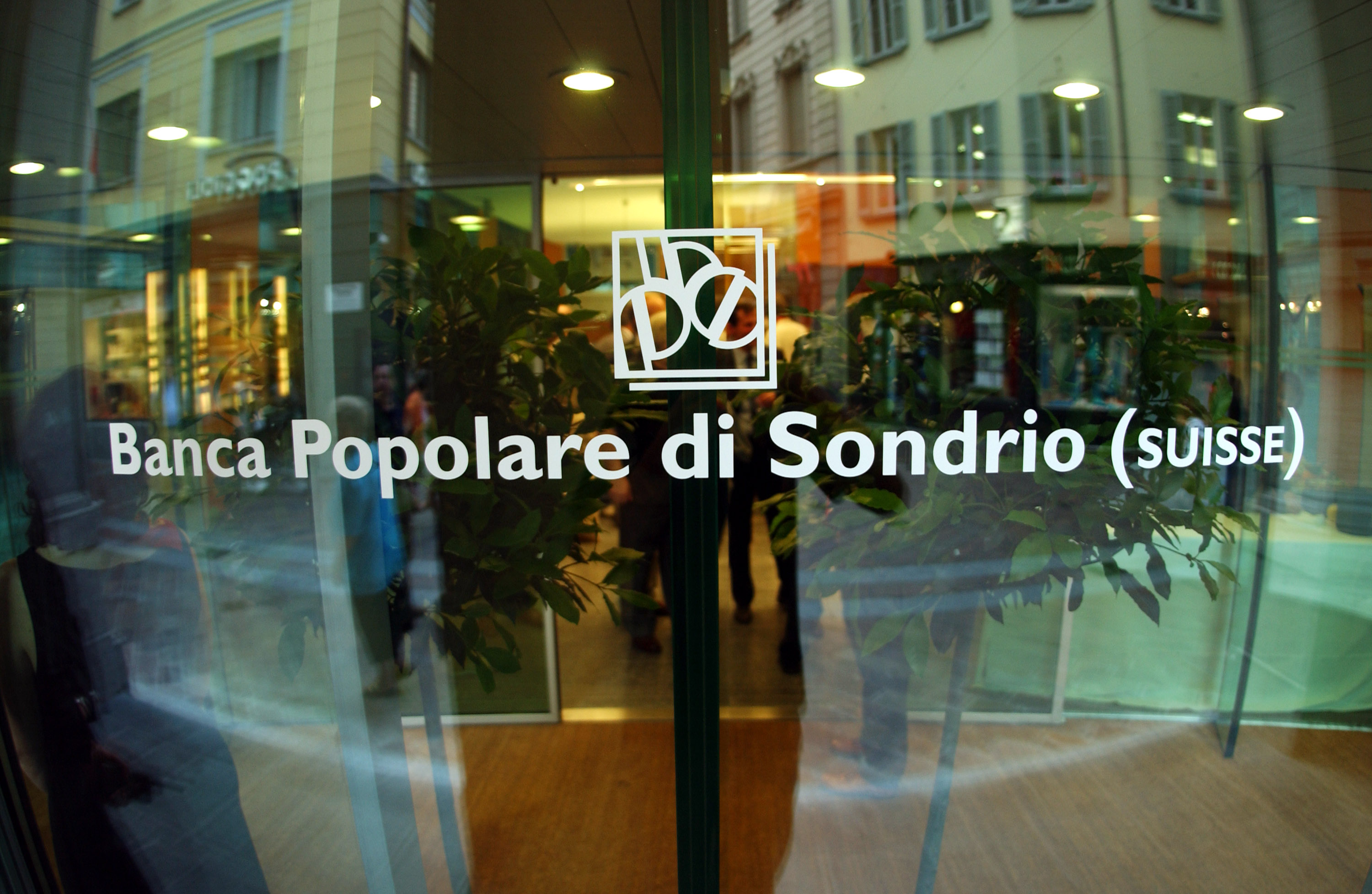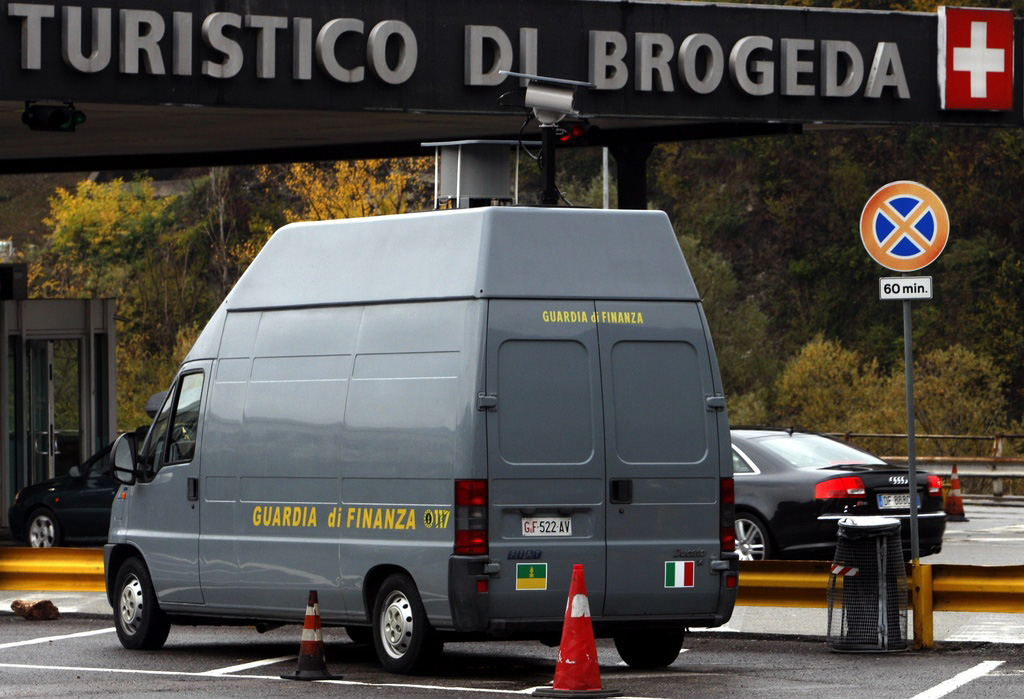Recovery in sight for foreign banking sector

Foreign banks in Switzerland believe 2010 marked a revival in fortunes despite the souring of Italian relations, tax amnesties and stolen data still doing the rounds.
The 153 banks that make up the sector also put a brave face on falling margins due to low interest rates and the high Swiss franc.
The Association of Foreign Banks in Switzerland (AFBS) revealed that profits had risen six per cent to SFr1.965 billion ($2.35 billion) while withdrawals of client assets slowed to a trickle last year.
Making up nearly half of all banks in Switzerland and managing nearly SFr1 trillion ($1.2 trillion) of assets, foreign institutions form an important part of the Swiss financial market place.
With an emphasis on private banking, several members of the association bore the brunt of a crackdown on tax evasion by European neighbours in the past two years.
Data theft
In 2009, net new assets held at foreign banks in Switzerland declined by SFr14 billion as an aggressive Italian tax amnesty repatriated funds mainly from the southern Swiss city of Lugano in canton Ticino.
Many foreign clients also took fright at the growing number of cases of stolen data being handed over to governments.
HSBC private bank in Geneva was the biggest name to be hit by such a theft, with the data being passed around from France to Germany and, more recently, to Britain.
Clients of Swiss-based foreign banks continued to withdraw funds last year as the amnesty and data controversy dragged on, but only to the tune of SFr200 million.
One of the reasons for the return of money was the flight of investors to the strengthening Swiss franc, according to AFBS. President Alfredo Gysi, also chief executive of the Lugano based BSI bank, said Switzerland’s Italian-speaking region was also attracting more clean money.
Italian row
“Ticino was particularly exposed because of its geographical situation. We have been through several tax amnesties over the last 15 years that have reduced the amount of Italian money deposited in Ticino,” he told swissinfo.ch.
“But this has has dramatically increased the flow of officially declared offshore money and that has been a positive change. That money comes to Switzerland because clients consider the products and service they receive from Swiss banks to be better than their home country.”
Ticino continues to be hurt by the souring of political relations between Switzerland and Italy. Italy is one of the few countries to keep Switzerland on its blacklist of tax havens, and refuses to start negotiations over a new double taxation agreement.
“Ticino is in the unique position of bordering a region of Europe [northern Italy] that has strong economic growth rates and is in the vicinity of Milan,” Gysi told swissinfo.ch. “It is critical to establish a dialogue with Italy to sort out any problems before we can develop the opportunities offered by this position.”
“The aggressive Italian attitude to Switzerland has made life very difficult for Italian companies that want to invest in Switzerland. This stance has been more detrimental to Italy at the end of the day,” he added.
Strong franc hurts
The AFBS welcomed moves to conclude unique tax treaties with Germany and Britain that promise to end the argument over tax evasion without compromising Swiss banking secrecy.
The association also noted a recent move by the Italian parliament to force its government end the freeze in Swiss-Italian relations.
While the strong Swiss franc has helped draw more assets into Switzerland, it has also squeezed the margins of foreign banks, the AFBS noted.
Euro denominated assets coming into Switzerland have fallen in value by 20 per cent in the past two years, with the dollar also losing considerable ground against the franc.
“Most of our revenues are in euro or dollars while our costs are in Swiss francs,” Gsyi told swissinfo.ch. “This has had a negative effect on margins.”
Another factor denting profits has been the low interest rates in Switzerland. Private banking, with its focus on safety and liquidity, relies more on interest rates to generate profits than investment banking.
Net income from interest activities for AFBS members fell from SFr3.8 billion in 2009 to SFr3.5 billion last year.
The 153 (155 in 2009) foreign banks in Switzerland make up 45% of the total number of banks in the country.
Heavyweights, such as BSI, Crédit Agricole, HSBC, JP Morgan, Deutsche Bank and LGT Bank are complemented by a range of smaller banks.
One in every five bank employees in Switzerland works in a foreign institution. The total number of employees rose 3% in 2010 to 26,800.
Assets under management fell 6% to SFr910 billion in 2010 largely thanks to low interest rates and unfavourable exchange rates. In 2009 the figure stood at SFr980 billion.
Net client asset outflows slowed to SFr200 million last year compared to SFr14 billion of withdrawals in 2009 – a year that saw an aggressive Italian tax amnesty.
Foreign banks paid SFr526 million in taxes last year compared with SFr640 million in 2009.

In compliance with the JTI standards
More: SWI swissinfo.ch certified by the Journalism Trust Initiative





You can find an overview of ongoing debates with our journalists here. Please join us!
If you want to start a conversation about a topic raised in this article or want to report factual errors, email us at english@swissinfo.ch.